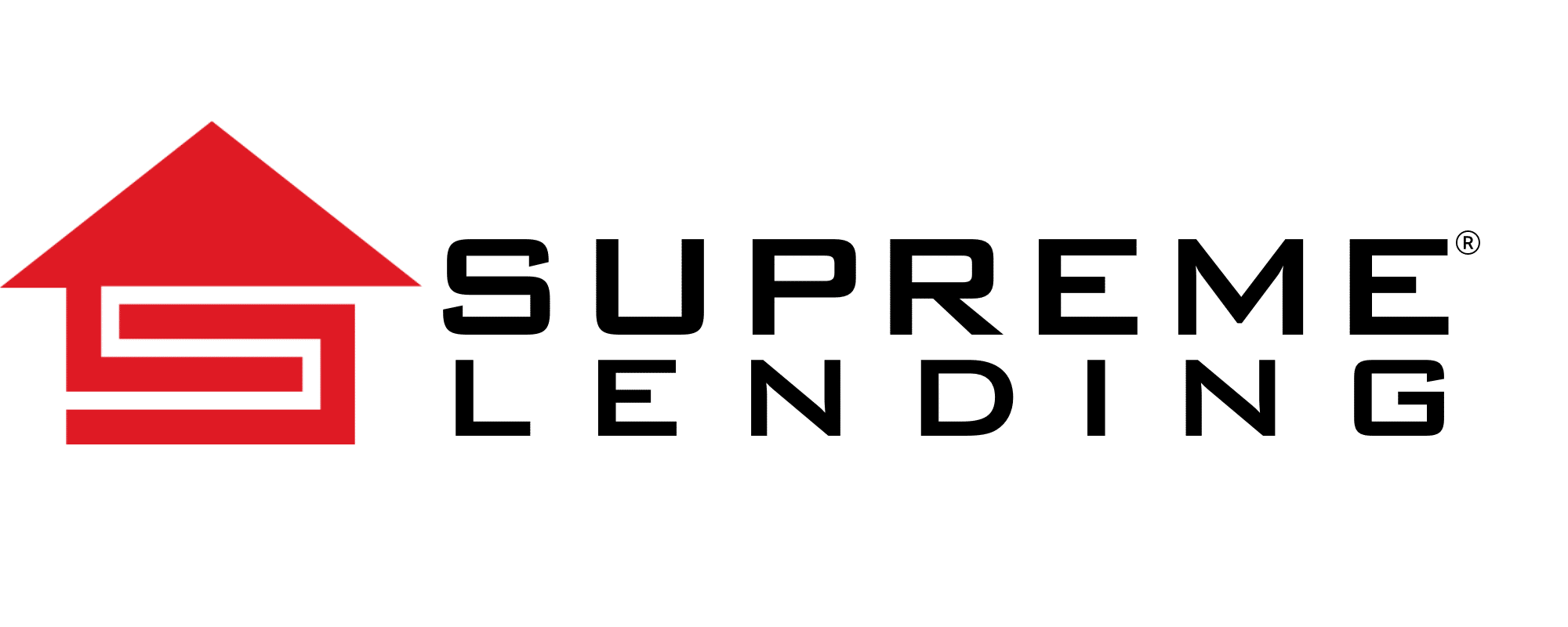Simply, a cash-out refinance takes the place of your current mortgage with another loan that:
- Pays off what you owe on your current mortgage.
- Utilizes the equity in your home to provide additional funds for other expenses.
Cash-out refinancing is a way to gain access to your homes equity. Refinance your mortgage, then receive the cast at closing. Your new loan will be for a for a higher amount as you are paying off the existing one and obtaining the difference in cash Any closing costs rolled into the loan will be added as well.
Cash-out refinance is a mix between refinancing and a home equity loan. Borrow the money you need, as with a home equity or line of credit (HELOC)
